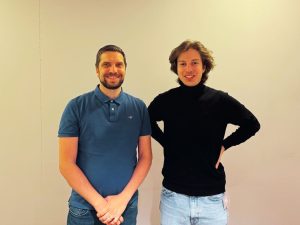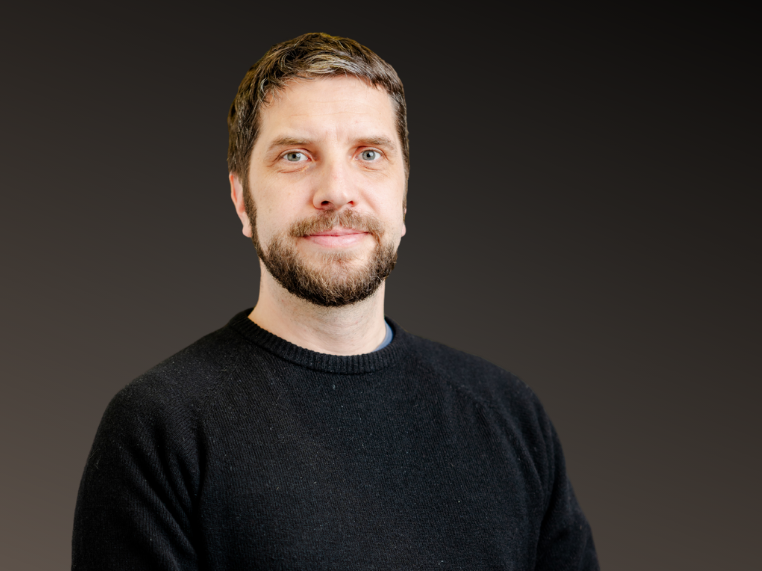Quantum computing brings new opportunities for researchers and hackers alike. How can we guard against this risk? Science.lu asked it to two SnT experts.
Quantum computers are no longer just a theory, they’re becoming reality. As they evolve, so do the risks. These machines could one day break the encryption that keeps our banking, medical, and communication data secure.
At the University of Luxembourg’s Interdisciplinary Centre for Security, Reliability and Trust (SnT), researchers are working to stay one step ahead. Peter Roenne is clear: “Quantum computers will put our credit cards, bank transfers, and communications at risk.” The research scientist at SnT notes that quantum computers can now tackle complex math problems that classical computers struggle with.
Post-quantum cryptography to the fore
To address this threat, SnT is partnering with LuxTrust, Luxembourg’s trust service provider. Doctoral Researcher Jan Oupický is leading a deep assessment of their systems, searching for vulnerabilities and designing solutions based on post-quantum cryptography- a new generation of encryption techniques that remain secure even in the face of quantum power.
“These new methods use tough mathematical ideas that are hard to solve, even for quantum computers,” he explains. These encryption methods are now part of some web browsers and messaging apps, like iMessage and Signal, he adds.
It’s still unclear whether today’s encryption methods will hold up in the long run. But Peter Roenne offers some reassurance – post-quantum cryptography is designed to work even on quantum computers. While updating most devices, like laptops and phones, should be straightforward, it’s much harder to secure connected objects such as surveillance cameras or embedded chips.
“Researchers around the world, including those at SnT, are actively working on this. “We just sent a funding application to the FNR for post-quantum encryption of LuxTrust SmartCards,” says Peter Roenne.
University and industry join forces
Jan Oupický is actively working on his doctoral thesis with LuxTrust. “My mission is to check all the systems. I will identify potential threats and describe them. Then, I will suggest ways to improve the systems. Once I finish this inventory, I will propose action plans and solutions. We will test these in a subsequent testing phase.
This article is based on an interview by Britta Schlüter for Science.lu.
Read the full interview with Peter Roenne and Jan Oupický on Science.lu (German or French)


